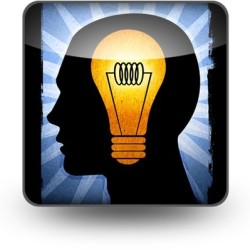 Introduction
Introduction
We make the case here that neurodivergent thinkers should be an important part of Diversity, Equity and Inclusion (DEI) policies because every organization stands to benefit from the inclusion of different cognitive perspectives in creating the organization’s culture.
This argument can be made from several different angles. For example, it can be made from the standpoint of a single organization, competing with other organizations in a commercial or industrial pursuit. It can also be made from the standpoint of the larger society, which stands to benefit from more innovative and equitable organizations.
Wouldn’t we all prefer to live in a world that values individuals for the skills and talents each of us uniquely possesses? Wouldn’t we all prefer to live in a world where seeming misfit pieces of the puzzle find a suitable home in the tapestry of the larger machine that is a 21st century economy?
Continue reading Neurodiversity: An Organizational Asset – by Maureen Dunne, Cathy Schwallie Farmer

 Introduction
Introduction